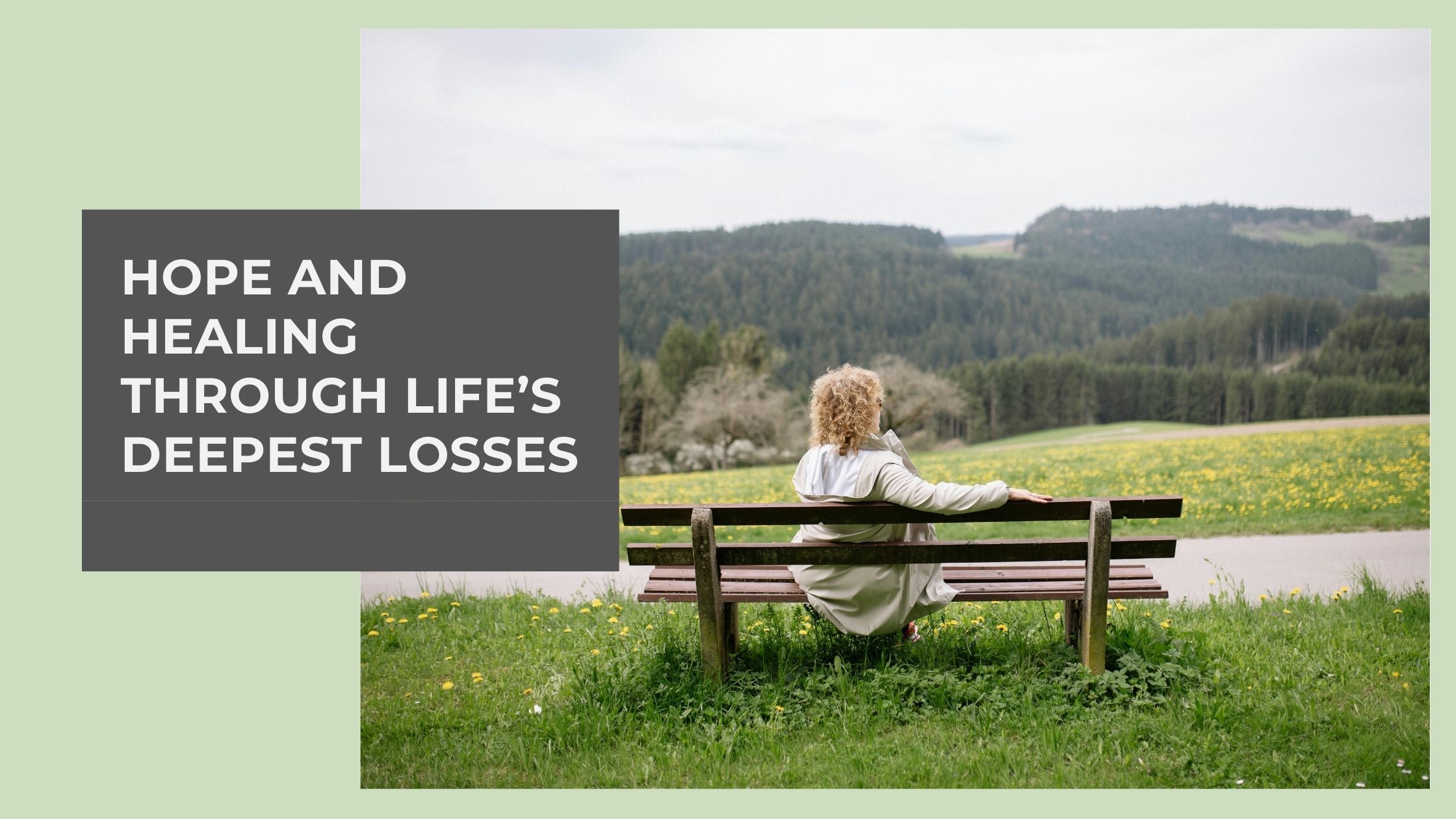Supporting a Loved One Through the Cycle of Abuse: A Support Person's Perspective
Apr 29, 2024
As a support person to someone experiencing domestic violence, the journey can be incredibly challenging and emotionally taxing. Witnessing a loved one go through the cycle of abuse can evoke a range of emotions and experiences, impacting not only the victim but also the close relationships surrounding them.
The Emotional Rollercoaster:
One of the most common experiences for support persons is a sense of helplessness and frustration as they watch their loved one endure the cycle of abuse. They may feel angry at the abuser, confused by the victim's decisions to stay, or even guilty for not being able to protect them. These emotions can strain relationships and lead to a sense of powerlessness in the face of such adversity.

Effects on Close Relationships:
The toll of domestic violence extends beyond the victim, affecting their relationships with friends, family, and support networks. Support persons may find themselves caught in the crossfire, as the victim's focus shifts towards managing the abuse, leaving little room for maintaining healthy connections. This can lead to feelings of isolation and abandonment, as the victim becomes increasingly isolated from their support system.
The Isolation of the Victim:
Victims of domestic violence often experience a profound sense of isolation, both physically and emotionally. They may withdraw from social activities, cut ties with friends and family, or feel ashamed to seek help. This isolation serves to perpetuate the cycle of abuse, making it harder for victims to reach out for support or access resources that could help them escape the situation.

Best Ways to Help Support Victims:
As a support person, it's crucial to approach the situation with empathy, patience, and understanding. Here are some ways you can offer support to someone experiencing domestic violence:
1. Listen Without Judgment: Create a safe space for the victim to share their feelings and experiences without fear of judgment. Let them know that you believe them and that you're there to support them, no matter what.
2. Offer Practical Assistance: Help the victim access resources such as shelters, hotlines, or counseling services. Offer to accompany them to appointments or provide assistance with safety planning.
3. Respect Their Autonomy: It's important to respect the victim's autonomy and agency in making decisions about their own safety. Avoid pressuring them to leave the relationship or making decisions on their behalf.
4. Be Patient and Persistent: Recovery from domestic violence is a journey, and it can take time for victims to feel ready to leave the abusive situation. Be patient and persistent in your support, letting them know that you're there for them whenever they're ready.
5. Take Care of Yourself: Supporting someone through domestic violence can be emotionally draining, so it's essential to prioritize self-care. Seek support from friends, family, or a therapist, and set boundaries to protect your own well-being.
We have a new meditation to help you support someone in pain. Listen Here.
In conclusion, supporting a loved one through the cycle of abuse is a challenging but vital role. By offering empathy, patience, and practical assistance, support people can help empower victims to break free from the cycle of violence and rebuild their lives. Together, we can create a world where everyone feels safe, supported, and valued.
View The Entire Collection
See all our blog posts to discover valuable insights and tools for navigating trauma and healing with guidance and support.












